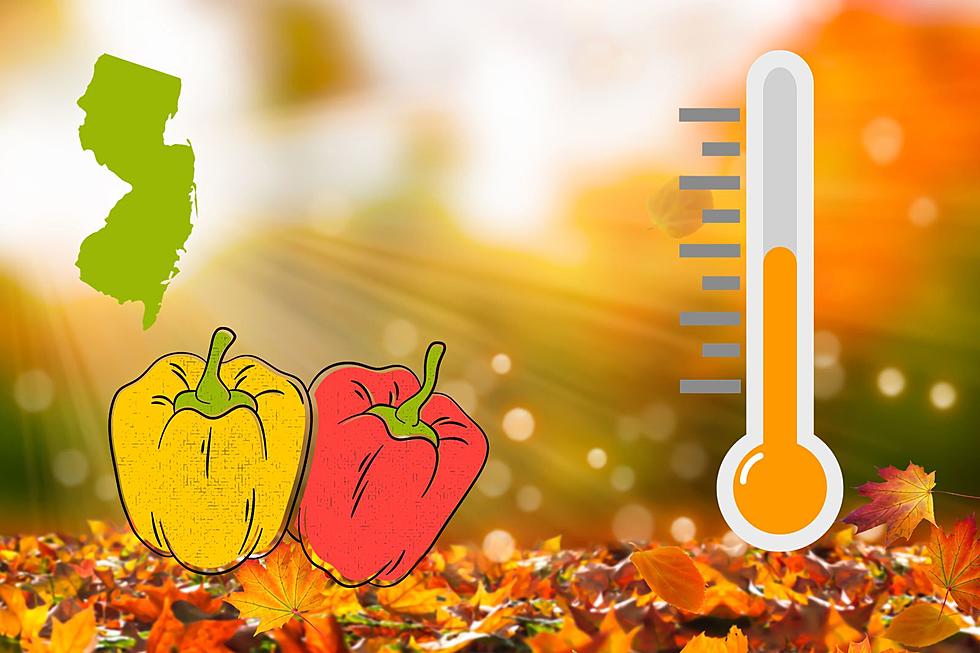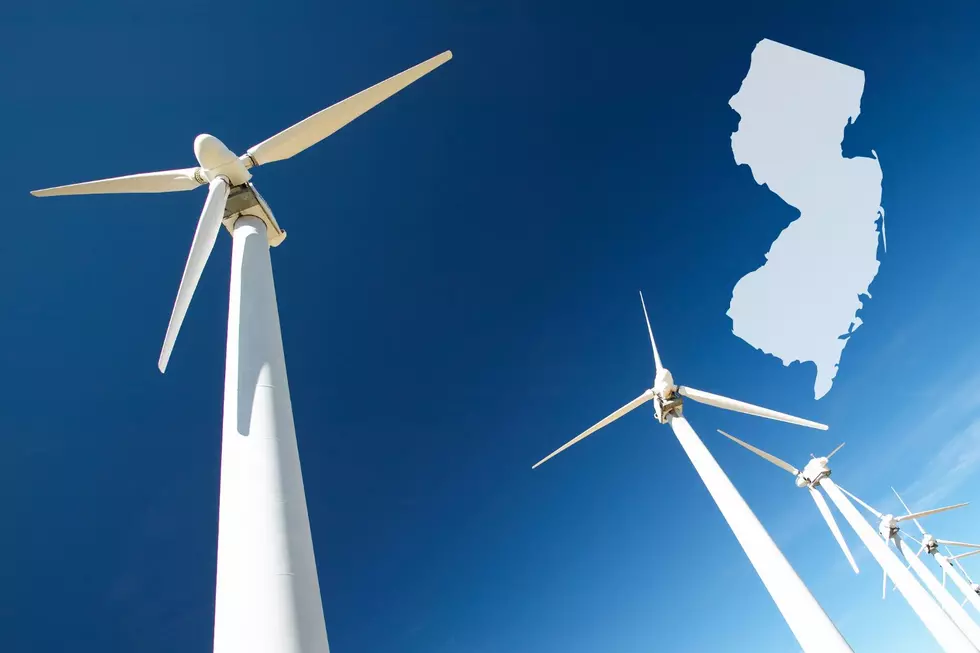
New garden record that should spark concern for NJ
With the coldest air of the season taking hold across New Jersey, it's a safe bet to say the growing season is officially over. Cold air has officially taken hold across The Garden State leaving gardeners in a waiting pattern until the spring.
Of course, it's not uncommon to have surges of warm air hit New Jersey during the month of November. But by and large, trying to grow almost anything is no longer a possibility due to the lack of direct sunshine and cold air temperatures.
With that said, the end of New Jersey's actual growing season can vary from year to year. If, for example, warmer air stays in place longer than average, that might extend how long a home garden will go by a few days to a couple of weeks.
Overall though, most gardens in The Garden State will be done for the season by a certain point. But there is more to it when looking at the long-term average of that last date, as well as trends.
Now, what might be a concern for some, might be very welcomed by others. It really depends on how you look at it.
And in my garden, something happened for the first time that's never happened before. Although we've been having some cooler air, it's a long-term trend we have to pay more attention to.
For the first time ever, I was able to grow my pepper plants, with a full crop, beyond Thanksgiving. At no point ever has this happened before.
Especially since peppers are more of a warmer weather crop. In most years, they're usually wiped by the time we hit the end of October.
Prior to this year, the longest they ever went was about two weeks prior to Thanksgiving. That was back in 2021.
My part of New Jersey finally saw its first dip below freezing in the early morning hours of November 26, or about three days after Thanksgiving. And even though we've had cold nights, it hasn't been cold enough to kill the crops.
What's concerning
Again, over the years, the garden season in my part of New Jersey has been trending longer and longer. Over the past 10 years, the garden has lasted approximately 4 weeks longer than it used to with certain warm-weather crops like peppers.
It's not to say it hasn't been getting colder. Rather, that precise freezing point that wipes a good portion of the crops seems to be occurring later and later on average.
And that's where the concern is, and a sign that temperatures are, indeed, slowly shifting. That vital overnight threshold makes all the difference when it comes to vegetation and plants.
What's exciting
On the flip side, it is exciting to have such a late crop from warm-weather plants. And the yield of peppers that were picked after Thanksgiving is almost unheard of for our region of New Jersey this time of year.
For anyone who's a gardener in New Jersey, having the right conditions to stretch your growing season will almost certainly lead to late-season crops. And who knows, maybe next year the peppers in my garden will make it to the first of December?
If that happens, it'll be really neat to make a holiday dish with them. I wouldn't be surprised if that occurred sooner rather than later.
Depends on the viewpoint
For as exciting as it is to have the garden growing so late into the season, it's also important to recognize the bigger picture here. This is simply nature's way of telling us that things are changing.
And it falls in line with the record temperatures a large portion of the planet experienced throughout the Summer of 2023. Just because New Jersey's temperatures were more moderate this season doesn't mean it isn't changing.
It's not just the garden that's delayed with the fall season down. Insects are also staying active a bit later in the season.
Adapt and benefit
Look, if we are slowly changing, then there's no reason we shouldn't at least take advantage of it where we can. If we can extend the growing season in the north with our crops, then that could very well be a plus.
Now, can this also lead to more insect and disease issues? Absolutely. But it also means we must prepare for what's to come.
We'll have to adapt, no question there. Earth is a changing planet that's always been changing. We've had mostly ice-free eras along with ice ages in the past, which means trends do happen regardless if there are external causes influencing that change.
Even here in New Jersey we once had glaciers covering part of the state. So if we're now meant to change in the opposite direction, then why not grow more in The Garden State if we can?
Farmer's Almanac says snow, rain expected to kick off 2024 in NJ
Gallery Credit: Mike Brant
LOOK: Biggest snowfalls recorded in New Jersey history
Gallery Credit: Stacker
The above post reflects the thoughts and observations of New Jersey 101.5 Sunday morning host Mike Brant. Any opinions expressed are his own.
More From New Jersey 101.5 FM









